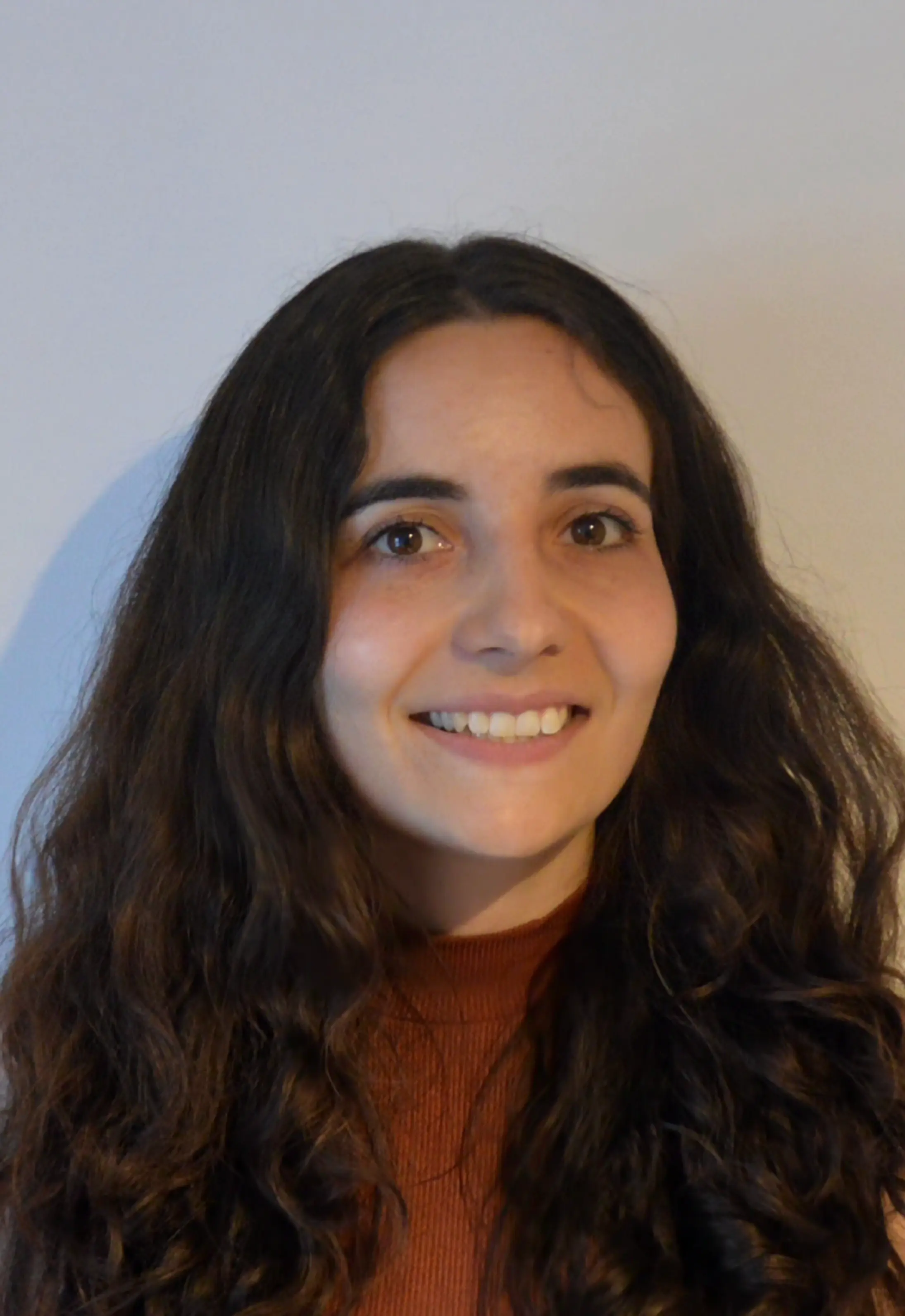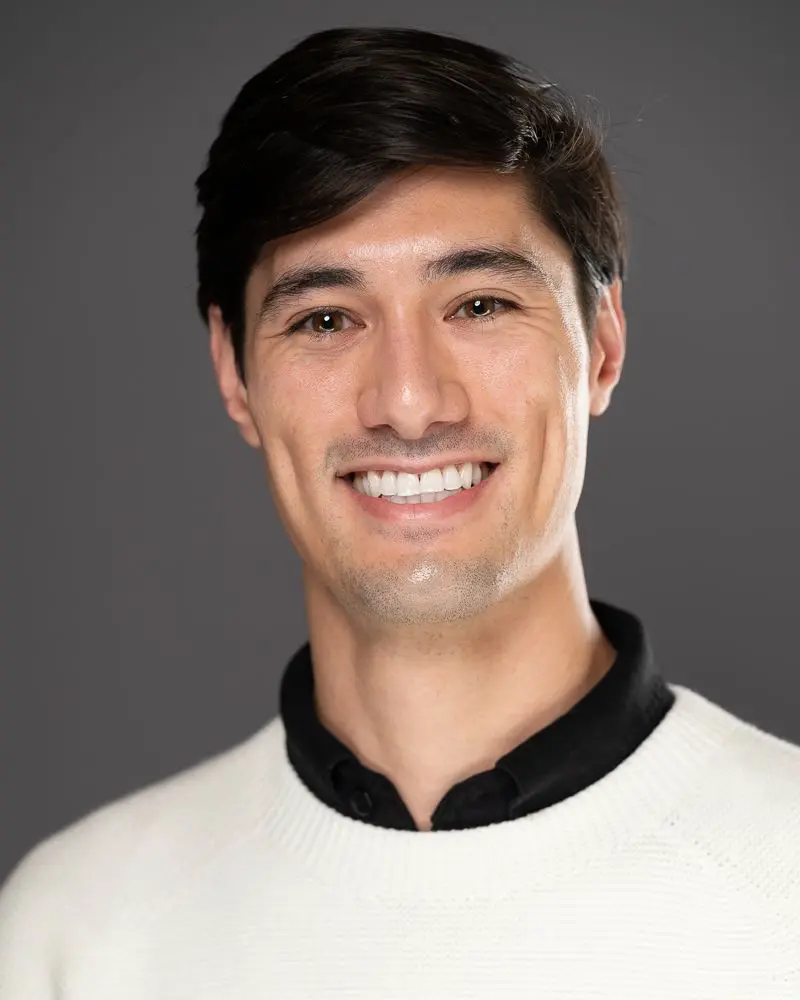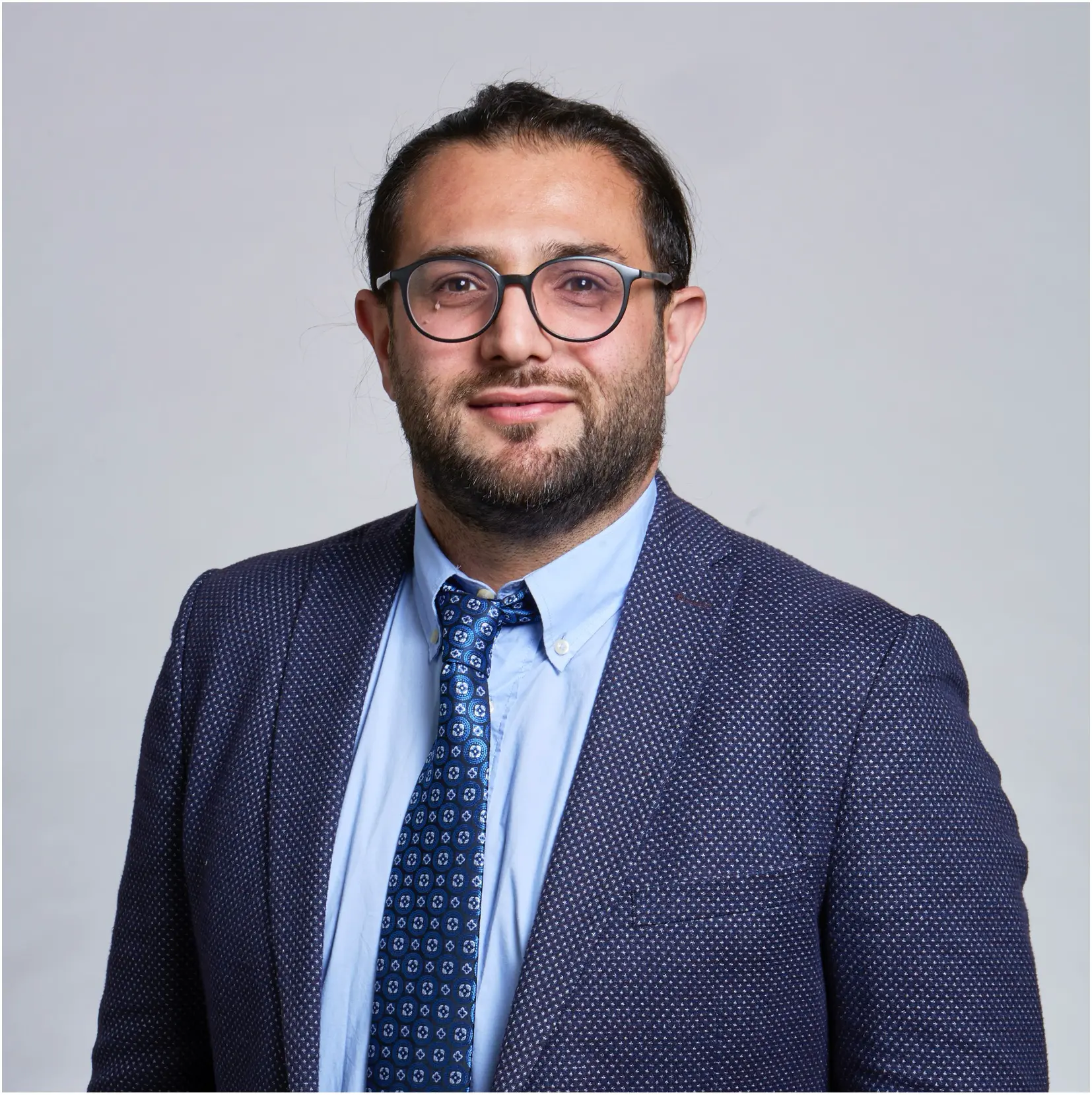College Research Associates are postdoctoral researchers at the University who contribute to the academic life of the College through their specialist expertise. Appointed for several years, they offer valuable insight into the career path of a junior academic and serve as a useful point of contact for graduate students considering a future in academia.














_Hannah%20Dudley.webp)













